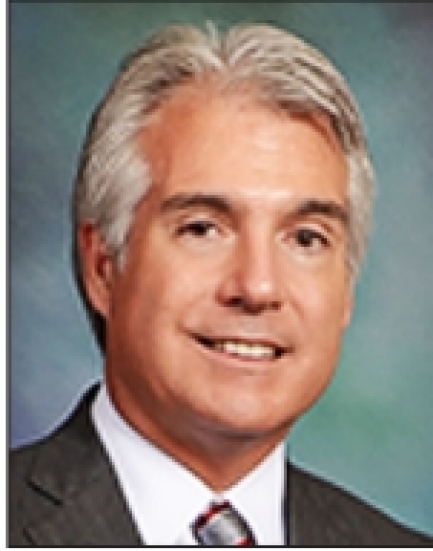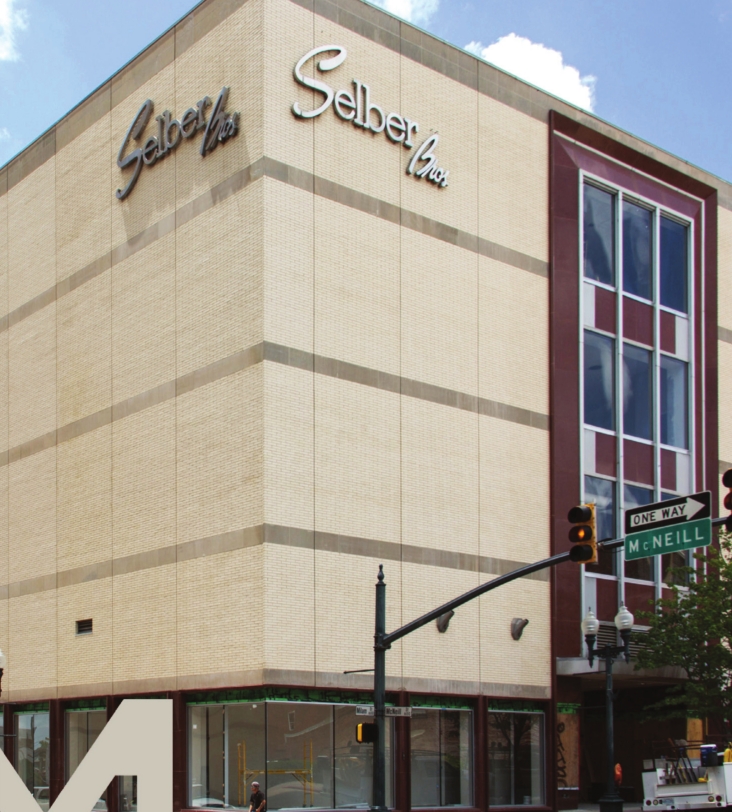IT’S TIME TO HAVE A CONVERSATION

How do you want your tax dollars spent in Shreveport?
To our credit we have numerous dreamers, cheerleaders and entrepreneurs who have big plans for Shreveport. Shreveport Commons, sports teams, new businesses and employers, neighborhood revitalization, completion of I-49 North, bicycle and pedestrian lanes, historic preservation, downtown living and The Riverfront/Cross Bayou Corridor. Who would have believed 20 years ago that the big hole in the ground downtown would become Festival Plaza and host numerous festivals and a very successful Farmers Market? Big Red by 80! – We all laughed at the idea of recreation and boating on the Red River. Despite our ups and downs, we continue to dream big and plan for a better Shreveport.
Dreams and plans cost money, and Shreveport needs to both grow its population and control spending. It is time for an honest and open conversation about available revenues and living within our means. Citizens and business owners know this struggle all too well as many have had to adjust their budgets to accommodate the increasing costs of needed goods and services and prioritize where monies are spent. This conversation should not be derailed by politics, race or by singling out specific neighborhoods over the city as a whole. Quite simply, your elected officials need to hear what services citizens expect to receive, look honestly at mandated city expenditures and benefit packages, then determine where cuts may be needed to operate with our current revenue sources.
City budgets are large, complicated and difficult to estimate. In Shreveport, local taxes and assessments make up 70 percent of the General Fund revenue with the remainder coming from licenses and permits, state fees and other miscellaneous sources. Approximately 65 percent of General Fund expenditures, $147,573,900, are for personnel services (salaries and benefits). After other allocations, that leaves only 4 percent, or $8,475,000, of the General Fund budget remaining for improvements and equipment (vehicles, mowers, building maintenance, street repair). Simply put, that is out of whack.
Did you know that SPAR maintains 111 city-owned buildings, 67 city parks and three cemeteries totaling 3,295 acres? All this with 48 less employees than 20 years ago. Public Works currently operates a fleet of 38 garbage packers, but on a daily basis only 30-35 are operational due to breakdowns and available staffing. The cost of operating River View Theater and Hall is nearly half a million dollars after accounting for rental revenue. The cost to replace a single 12.5’ x 20’ concrete panel on a street is $2,300. When a new building is completed or an existing one renovated, there are no provisions for ongoing maintenance, repairs or upkeep. In the Riverfront Development Fund, $7,295,000 of the $9,824,000 is designated for improvements on the riverfront, and economic development was transferred to the General Fund in 2016 just to make ends meet.
...should there be more focus on providing the basic services and eliminate the expenses of programs that may only serve a few... (close) buildings and other venues and return these properties back to private ownership?”
– Michael Corbin, Shreveport City Council - District D
General Obligation Bond Issues have traditionally been used to finance large projects such as new or renovated buildings, major street repair and infrastructure upgrades. Bond issues must be approved by voters, and the debt is repaid through property taxes over 20 to 30 years. In 2011 citizens passed a $175,000,000 bond issue for a variety of infrastructure needs, SPAR, street, drainage and building projects. As city expenses have increased and sales tax revenue has dropped or remained stagnant, it is becoming more difficult to budget funds for both daily expenses and on-going maintenance needs.
Now for the conversation. After budgeting for necessary expenses such as salaries and benefits, including adequate funding of employee retirement systems, should there be more focus on providing the basic services and eliminate the expenses of programs that may serve only a few, duplicate programming offered by other agencies and charge realistic fees that cover the expenses of programs? Should we consider closing underutilized parks, buildings and other venues and return these properties back to private ownership? Should garbage service be handed over to a private company or should there be an appropriate fee for garbage service to cover the costs of the service provided by the city? Instead of providing funds to small community organizations, would it be in our best interest to better fund economic development efforts to retain current jobs and attract new jobs?
Mayor Ollie Tyler will present the proposed 2017 budgets to the City Council on Oct. 1. From that time until late December, the City Council will analyze and propose changes to the various budgets. Gone are the days when federal and state funding flowed freely to Shreveport allowing funding of some non-essential services. Our city workers have been patiently waiting for a pay increase while insurance and retirement contributions have increased. Gaps have been filled in recent years with Federal grants to fund public safety salaries, benefits and equipment needs. Additional grants have paid for SporTran buses, bridge replacements and buildings. When one-time grant funds are depleted, those salaries and benefits, building maintenance and other costs must be absorbed into the city budget.
Together, we have difficult decisions to make. Here are a few ideas to start the conversation: Create a Redevelopment Agency to rid the burden of thousands of now-city-maintained land parcels and create real development opportunities in the inner city; consider privatization of some city services; revamp the Fair Share Program to support growing businesses while protecting the city from awarding bids to companies who do not have the capacity to complete the job; and develop fee structures that fully support the programs they are associated with.
Contact your City Council member and let them know your vision for Shreveport, how you want your tax dollars spent and what is important to you.
– Michael D. Corbin Shreveport City Council – District D
